COVID-19 had snatched away my father on 24th May, and our entire family had got infected too. Fortunately for us, we only suffered what would amount to a mild flu, although it was a really trying time for all of us.
We are now determined to salvage at least some patients from the deadly clutches of COVID-19 by donating convalescent plasma for the ICMR- DCGI trial therapy. As COVID-19 recovered persons, all of us registered as persons eligible to donate plasma and turned up at the Nair Hospital on the appointed day.
Although it is a new and experimental therapy at the moment, convalescent plasma (which contains antibodies that help fight the corona virus) therapy may prove to be a powerful micro weapon that attacks the virus directly in the body.
The human body is a versatile biochemical factory, which produces antibodies against infecting organisms. So, when a patient recovers from the corona virus infection, the theory being tested is that her plasma (which is the fluid part of our blood) may contain enough antibodies to help another patient fight the corona infection when infused in her body.
Research and development (R&D) on drugs, vaccines and steroids that are being announced almost daily, are all extremely important in the larger war against the corona pandemic. But the hypothesis is, that the human body will do all the R&D required, internally, and deliver specific weapons required to fight COVID-19 in usable, high concentration volumes within a few weeks. These COVID-19-fighting anti-bodies can be transferred to an infected person through plasma donation and help in their recovery.
The procedure itself takes only 35 to 40 minutes and is performed with an ultramodern plasma separation machine that separates red blood cells and puts them back into the body while extracting only the plasma. About 450 ml of plasma is extracted to provide two units of 200 ml each and another 50 ml that is required for research purposes.
Just as there are guidelines about dosage, frequency and concentration for vaccines and medicines, there are rules for donating plasma as well:
1. Plasma can be donated from a recovered COVID-19 person. An antibody test is done 28 days after the patient is discharged from the hospital or becomes asymptomatic (i.e. after the disappearance of symptoms in the case of swab positive patients). If the antibody titres (the concentration of an antibody, as determined by finding the highest dilution at which it is still able to cause agglutination of the antigen) are acceptable, you can become a plasma donor!
2. For patients whose swab test for COVID-19 is not done, the history of at least mild symptoms (such as fever, cough, breathlessness, loss of taste or smell) and history of contact with swab positive case is important.
3. The CLIA (Chemi Luminescence Assay) test should detect good antibody titre.
4. Before accepting a person for plasma donation, the hospital checks the fitness and suitability of every prospective donor; this is important for the safety of the donor as well as of the recipient. A blood test is done and if the tests are normal you are called for plasma donation the next day. You can do it through an appointment or even as a walk-in donor.
There is hardly any weakness felt by the donor and it is no different from blood donation, but it is advisable to be cautious and avoid driving or working with machines on that day. There are no restrictions on activities from the next day onwards.
A nice part of the donation is the “Certificate of Appreciation” handed out by the hospital, which probably encourages most donors to offer a repeat donation, which is permitted only after two weeks.
In Mumbai, BYL Nair Hospital is the first institution to start this service along with Kasturba hospital. The pre-donation screening team is headed by Dr Jayanthi Shastri, professor and head, microbiology and molecular biology at Nair & Kasturba Hospitals, Dr Kusum Jasnani, Dr Vikas Kavishwar, Dr Ramesh Waghmare and Dr Nitin lead the blood bank team.
If you are a COVID-19 recovered person, you can call the Nair Blood Bank at 022-23027644 or 022-23027645 to donate plasma.
The donation facility is also available at KEM Hospital, Sion Hospital and Sir H N Reliance Foundation Hospital.
We were happy to hear that there have been 50 donors so far and I hope there will be thousands more.
For the prospective donors who have recovered from COVID-19, here are the eligibility criteria for plasma donation:
1. 18 to 65 years of age (so my 17-year old daughter was not allowed to donate although she accompanied us)
2. Males or nulliparous females (who have not borne any children- so my wife was disqualified too) weighing more than 50 kg.
3. General eligibility criteria of blood donation apply.
It is important to know that not every person who has recovered from COVID-19 is eligible to donate plasma. If you are lucky enough to qualify, I would urge you to do so.
Remember, plasma therapy is not like a vaccine where a small dose will suffice. A COVID-19 patient may require many plasma units for treatment leading to a large requirement of plasma rich in antibodies. So, we need more people to chip in and make this effort work, if it proves effective.
(Dr Anjaneya Parashuram Agashe is a consultant ophthalmologist, formerly professor & HOD of ophthalmology at MGM Medical College and Hospital, Navi Mumbai).




Recent Comments